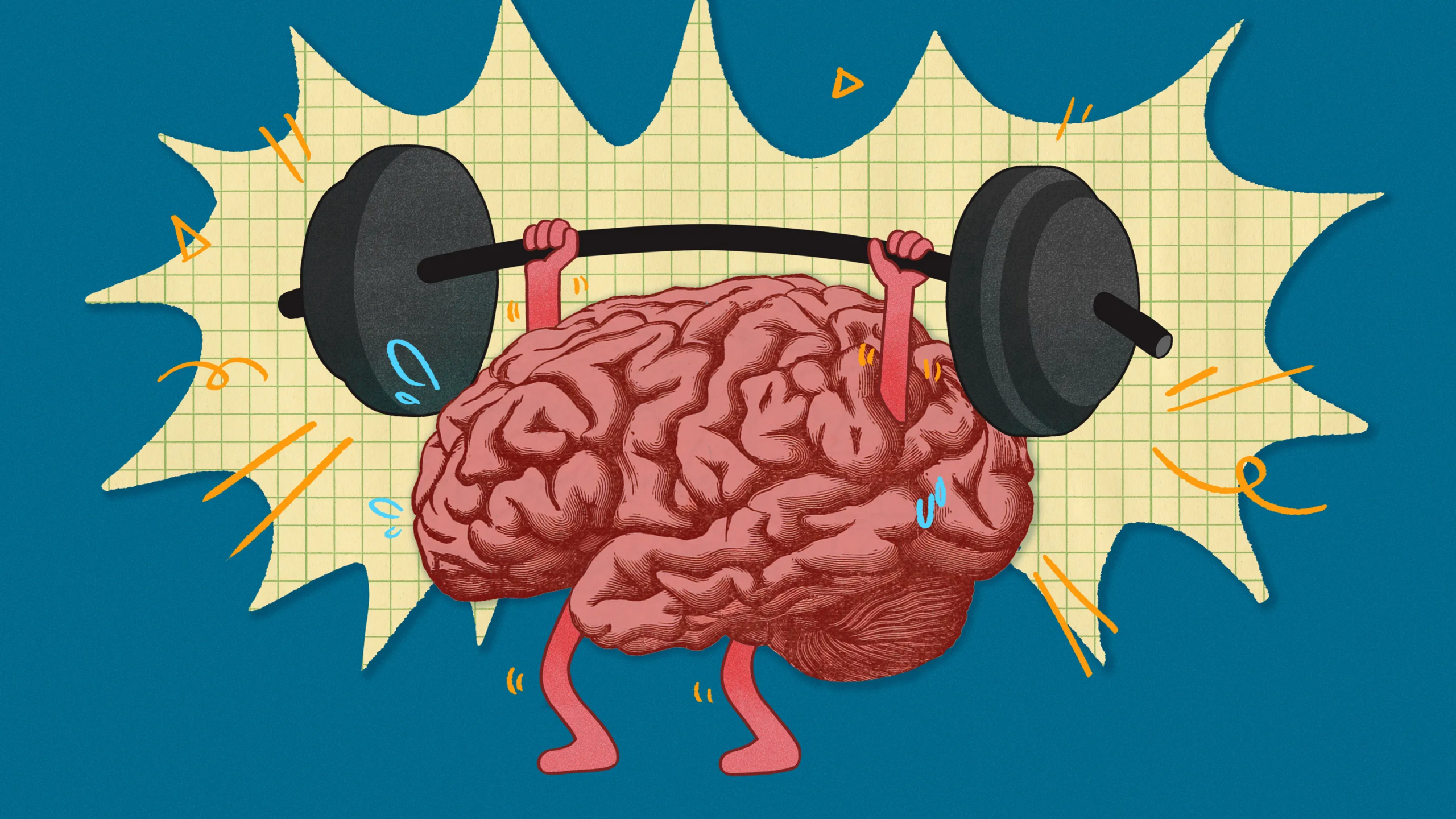Have you ever noticed that the moment your head hits the pillow, your mind shifts into overdrive? For many, the experience of stress can create significant barriers to falling or remaining asleep, transforming what should be a restful time into a frustrating battle. You are certainly not alone in this struggle; it is an all-too-common issue that affects countless individuals.
This persistent cycle of stress and sleeplessness can leave you feeling exhausted, irritable, and disheartened, leading you to question whether achieving a good night’s sleep is ever truly possible. Understanding the underlying reasons why stress interferes with sleep is essential. When faced with stress, your body enters a heightened state of alertness, often referred to as the “fight or flight” response. This reaction triggers a cascade of physiological changes, including elevated heart rate, increased cortisol levels, and a burst of adrenaline—all of which are vital for managing immediate threats but detrimental when it comes to rest and relaxation.
Moreover, stress activates the brain’s limbic system, which governs emotions and can lead to racing thoughts and worries that make it difficult to unwind. These factors, combined with the temptation to ruminate on the day’s events or future anxieties, create a perfect storm that sabotages the chances of achieving restorative sleep.
How Stress Interferes with Sleep
When you experience feelings of anxiety or being overwhelmed, your body instinctively activates its natural “fight or flight” response. This survival mechanism triggers the release of stress hormones such as cortisol and adrenaline. These chemicals surge through your system, preparing your body to respond to perceived threats, even if those threats are not life-threatening—but instead, stressors like a mounting workload, looming deadlines, or internal conflicts replaying in your thoughts.
This heightened state of arousal makes it increasingly difficult for you to relax and unwind as your mind becomes hyper-vigilant and alert. Consequently, your body struggles to transition into a calm and restful state, which is essential for quality sleep. The interplay between stress hormones and your body’s circadian rhythm can lead to significant disruptions in your natural sleep cycle.
Moreover, when stress becomes a regular part of your life, it can create a detrimental feedback loop: insufficient sleep can exacerbate feelings of stress, leading to increased anxiety and restlessness. As a result, you may find yourself caught in a cycle where poor sleep exacerbates your stress, making it even harder to achieve restful sleep. Over time, this can affect your overall well-being, impacting not only your mental health but also your physical health and daily functioning.
This cycle is not just annoying. According to experts, ongoing poor sleep raises the risk of health problems like heart disease, diabetes, and depression. Learn more about how stress can affect your sleep.
The Stress Response and Your Brain at Night
During times of heightened stress, your brain can remain in a state of alertness even when the sun has set. This heightened state is primarily due to the amygdala, a crucial part of the brain responsible for processing emotions, particularly fear. When the amygdala is overly active, it can significantly disrupt your ability to unwind and prepare for sleep. The presence of stress hormones, such as cortisol, causes your heart to race and your mind to whirl with thoughts, preventing the natural physiological changes that signal it is time to sleep, including a decrease in body temperature and a slowdown of metabolic processes.
As a result, you may experience a range of symptoms that hinder your ability to relax. Common manifestations include:
- Racing Thoughts: Instead of experiencing a calm mind, your thoughts may jump erratically from one worry to another, making it difficult to focus on relaxation or even the peaceful aspects of sleep. This mental chatter can often include anxieties about the day’s events or concerns about tomorrow.
- Muscle Tension: You might notice that your muscles are taut or that you experience a fluttery sensation in your stomach, reflecting the body’s physical response to stress. This tension can contribute to discomfort, making it challenging to find a comfortable sleeping position.
- Breathing Changes: With anxiety on the rise, many people experience quick, shallow breathing patterns. This can lead to a sensation of breathlessness or a pounding heart, which further escalates feelings of anxiety and makes it hard to settle down.
Instead of peacefully drifting off, your mind may become entangled in a web of “what-ifs,” preoccupying you with potential problems or scenarios that keep you wide awake. Over time, this persistent pattern can condition your brain to anticipate stress when bedtime arrives, thus making restful sleep seem increasingly elusive. As this cycle of stress and sleeplessness continues, it can lead to chronic sleep disturbances, adversely affecting your physical and mental health overall.
For more information on how stress disrupts sleep, refer to this overview of the sleep-stress cycle.
Sleep Disruption and Health Consequences
When individuals find themselves entrenched in a cycle of stress and sleeplessness, the repercussions extend far beyond mere fatigue, profoundly affecting both mental and physical well-being. Even slight reductions in sleep duration can significantly impact mood, leading to increased irritability and diminished overall energy levels. As a result, individuals may struggle to maintain focus, experience memory lapses, or become easily frustrated by minor inconveniences.
The consequences of inadequate sleep are not confined to the emotional realm; they also pose serious risks to physical health.
1. Immune System: Prolonged sleep deprivation compromises the immune response, rendering the body more vulnerable to infections. This increased susceptibility can lead to a higher incidence of common illnesses, such as colds and flu, as the body’s ability to produce protective antibodies and cytokines decreases.
2. Metabolism: Lack of sleep can disrupt the body’s metabolic processes, leading to hormonal imbalances that promote increased appetite and cravings for unhealthy foods. This shift not only heightens the risk of weight gain but also significantly raises the likelihood of developing severe conditions such as type 2 diabetes, as insulin sensitivity can be adversely affected.
3. Heart Health and Blood Pressure: Chronic sleep deprivation can have a significant impact on cardiovascular health, with elevated stress levels further exacerbating the issue. The heart may experience increased strain, leading to conditions such as hypertension (high blood pressure). Over time, this can contribute to the development of more serious cardiovascular diseases, including heart attacks and strokes.
- In summary, the importance of restorative sleep cannot be overstated, as it plays a crucial role in sustaining overall health and preventing long-term health complications. Prioritizing sleep hygiene and managing stress effectively is essential for maintaining a balanced and healthy lifestyle.
If you notice ongoing trouble with your mood or health, consider reading about how stress exposure can disrupt sleep.
Practical Techniques for Achieving Relaxation and Improving Sleep Quality
In our fast-paced world, stress can often feel all-consuming, making it challenging to unwind and fall asleep. However, it is possible to guide both your mind and body into a state of relaxation, paving the way for better sleep. By incorporating straightforward, evidence-based practices and stress-reduction methods into your daily routine, you can calm your racing thoughts and foster a more tranquil environment conducive to restful sleep.
These strategies can include developing a consistent bedtime routine, practicing mindfulness or meditation before sleep, engaging in gentle physical activity during the day, and creating a sleep-friendly environment. Taking time to disconnect from screens, dimming the lights as evening approaches, and ensuring your bedroom is cool, calm, and quiet are also critical steps in promoting relaxation. With dedication and patience, you can transform your nighttime experience, leading to more peaceful and restorative sleep.
Breathing, Visualization, and Relaxation Exercises
1. 4-7-8 Breathing Technique
- Breathe in through your nose for 4 seconds.
- Hold your breath for 7 seconds.
- Exhale slowly through your mouth for 8 seconds.
- Try this for four consecutive cycles. This gentle exercise calms your nervous system, signaling your body that it is safe to rest. Find more details on relaxation exercises to help you fall asleep.
2. Guided Imagery
Picture a peaceful place in your mind—a beach, forest, or quiet room. Imagine the sights, sounds, and smells. When your mind drifts, gently return to this scene.
3. Progressive Muscle Relaxation
Slowly tense and then release different muscle groups, starting with your toes and working up. This simple scan helps let go of built-up tension.
4. Yoga Nidra
A guided form of body scan meditation, yoga nidra involves following audio instructions that help you relax one body part at a time. Several free recordings are available online or through apps.
You can also find more helpful guidance on simple stress relief techniques.
So, what can you do to guide yourself back to improved sleep quality gently? There are several effective strategies you can implement.
1. Establish a bedtime routine: Develop a calming pre-sleep ritual that signals to your body it is time to wind down. This might include activities such as reading, gentle stretching, or taking a warm bath.
2. Limit screen time: Aim to disconnect from electronic devices at least an hour before bed. The blue light emitted by screens can interfere with melatonin production, making it harder for you to fall asleep.
3. Practice mindfulness and relaxation techniques: Consider incorporating practices like meditation, deep breathing exercises, or progressive muscle relaxation into your daily routine. These techniques can help quiet the mind and alleviate stress.
4. Create a comfortable sleep environment: Ensure your bedroom is conducive to sleep. This includes a comfortable mattress and pillow, a cool room temperature, and minimal noise and light distractions.
5. Stay active during the day: Regular physical activity can help you fall asleep faster and enjoy deeper sleep. Just be sure to avoid vigorous exercise close to bedtime.
6. Mind your diet: Pay attention to your eating habits, particularly in the hours leading up to bedtime. Avoid heavy meals, caffeine, and alcohol, as these can disrupt sleep patterns.
Take a short break before bed to write down worries or create a brief to-do list. Transferring thoughts from your mind to paper can help settle your mind.
For even more ideas, look into these relaxation strategies and sleep hygiene habits.
By understanding the interplay between stress and sleep and implementing these simple yet effective strategies, you can take charge of your sleep health and work towards enjoying more restful nights. Remember, it is all about creating a supportive environment and lifestyle that promotes relaxation and overall well-being.
When to Seek Extra Support
If stress keeps you up for weeks or starts to affect your day-to-day life, it is time to ask for help. Sleep specialists and therapists can offer proven tools—like Cognitive Behavioral Therapy for Insomnia (CBT-I), medication when needed, or counseling—to break the cycle.
Signs you may need an expert’s guidance:
- Struggling with sleep despite trying these tips.
- Severe anxiety, depression, or ongoing distress.
- Sleep problems affecting work, relationships, or health.
Remember, you do not have to face sleep issues alone.
Conclusion
Improving sleep when you are stressed is possible. Even small changes—like deep breathing or establishing a routine—can make a real difference tonight. If sleep struggles to stick around, reaching out for support is a sign of strength, not weakness. Try one gentle technique at bedtime and see how your night unfolds. Peaceful sleep can return, one step at a time.
Discover more from Healthinfo24.com
Subscribe to get the latest posts sent to your email.




đọc phim người lớn mới nhất
After checking out a number of the blog articles on your website, I seriously
like your way of blogging. I saved it to my bookmark website list and will
be checking back soon. Please visit my web site as well and tell
me how you feel.